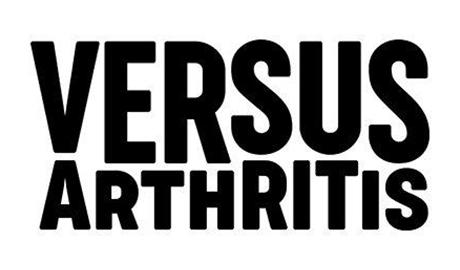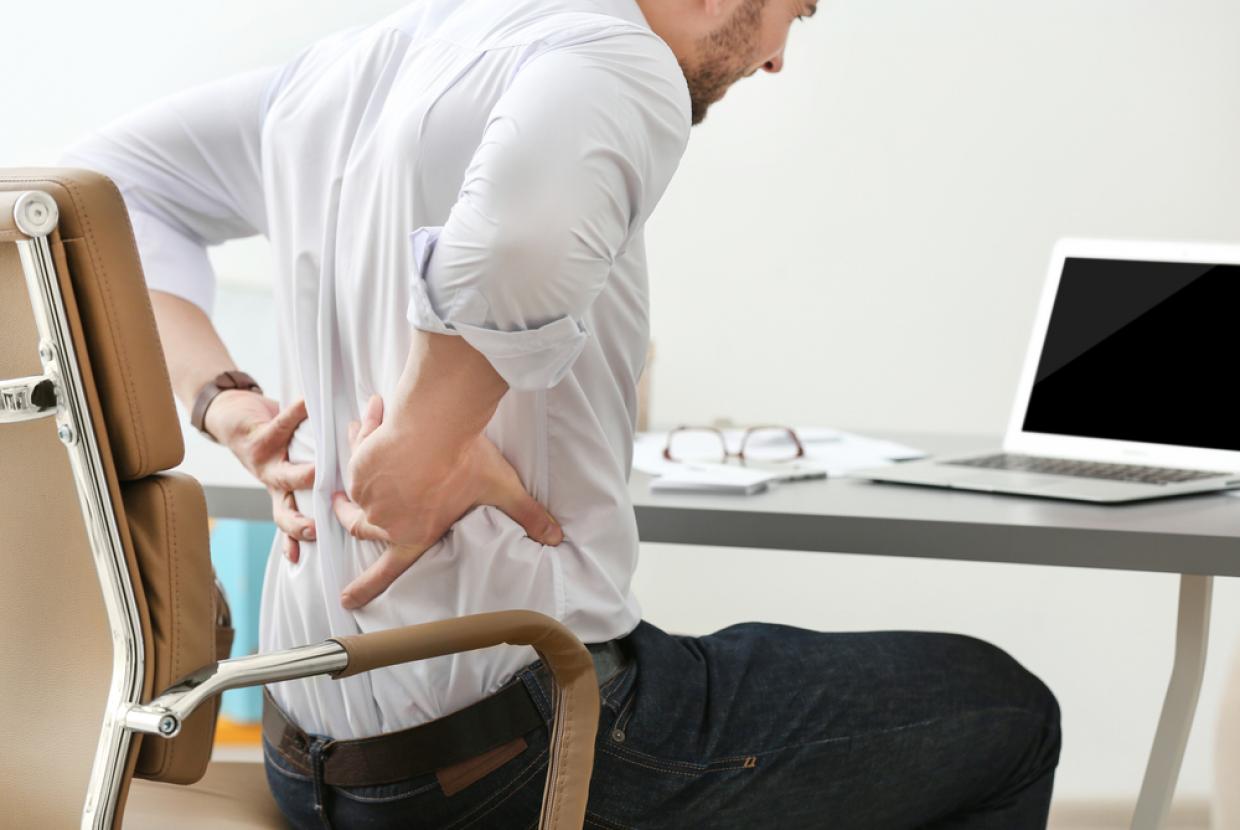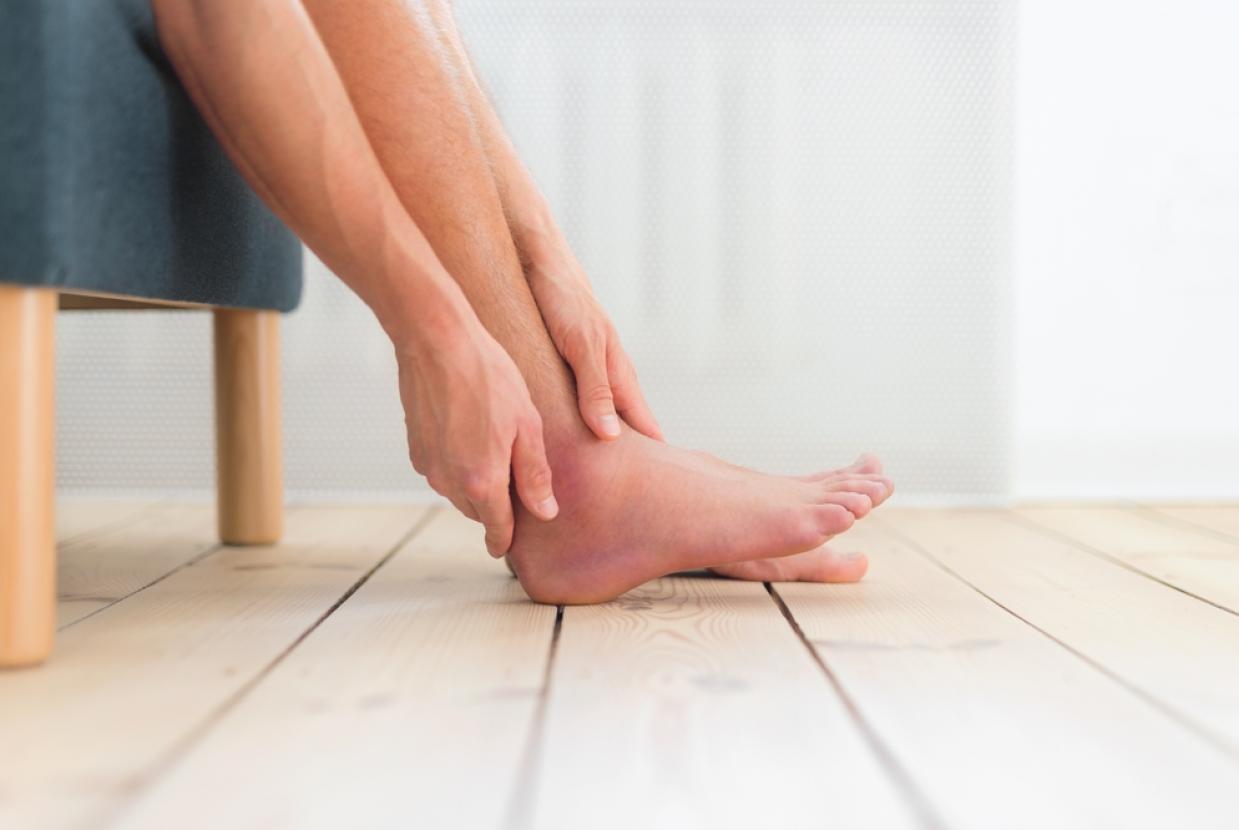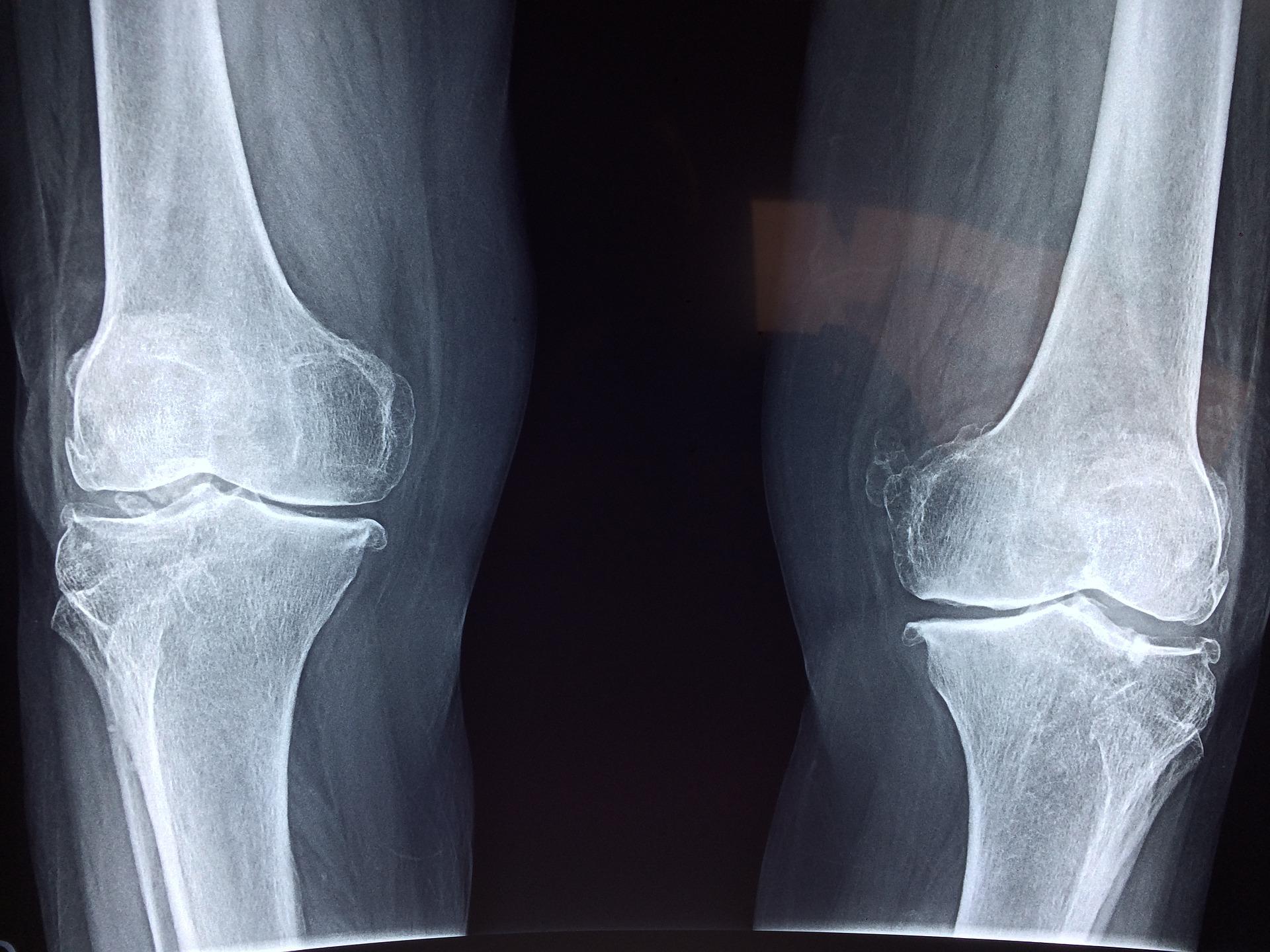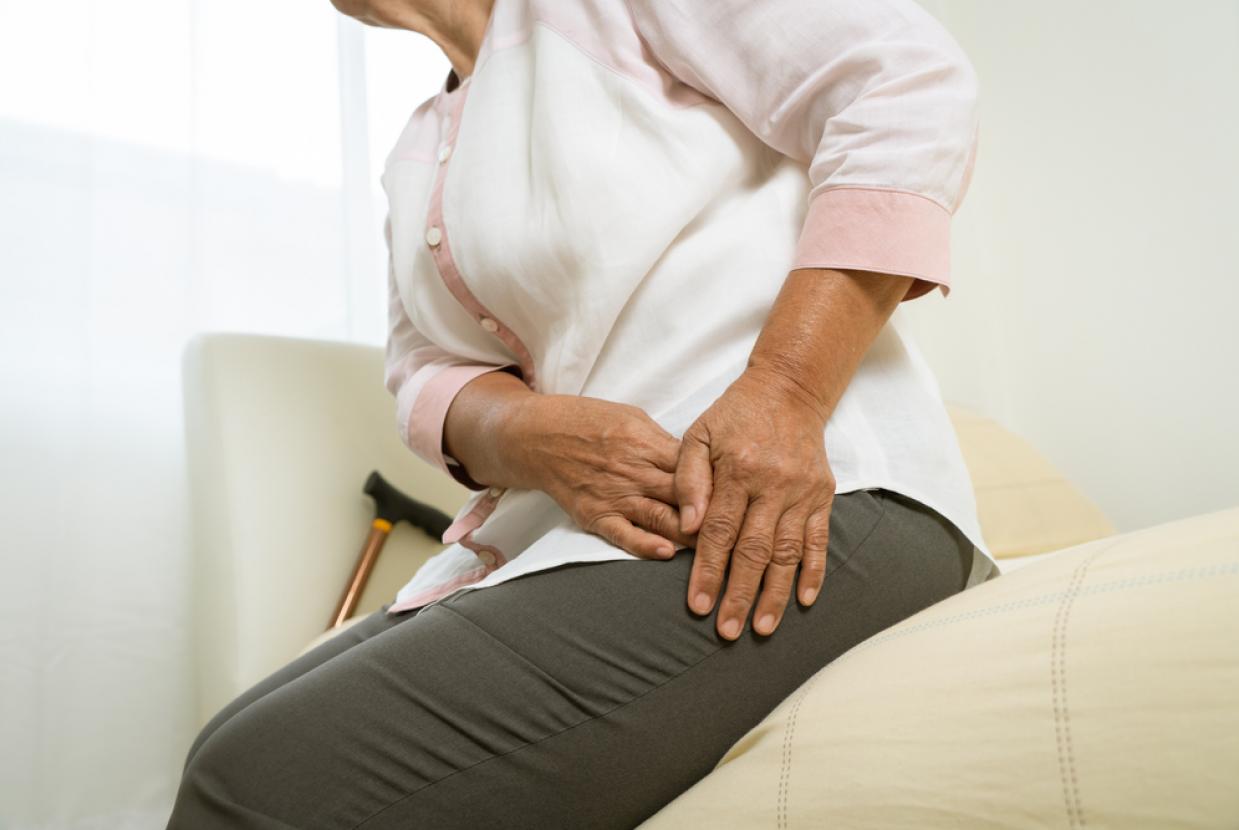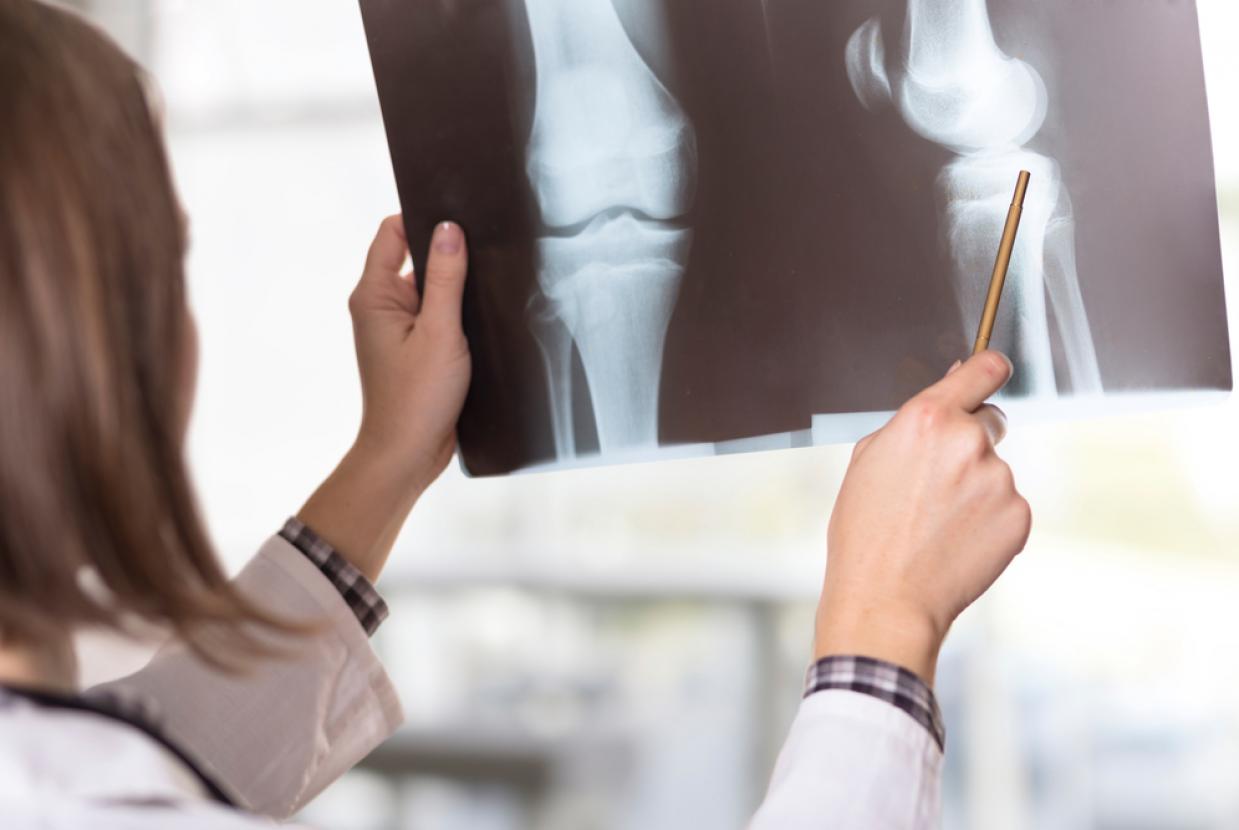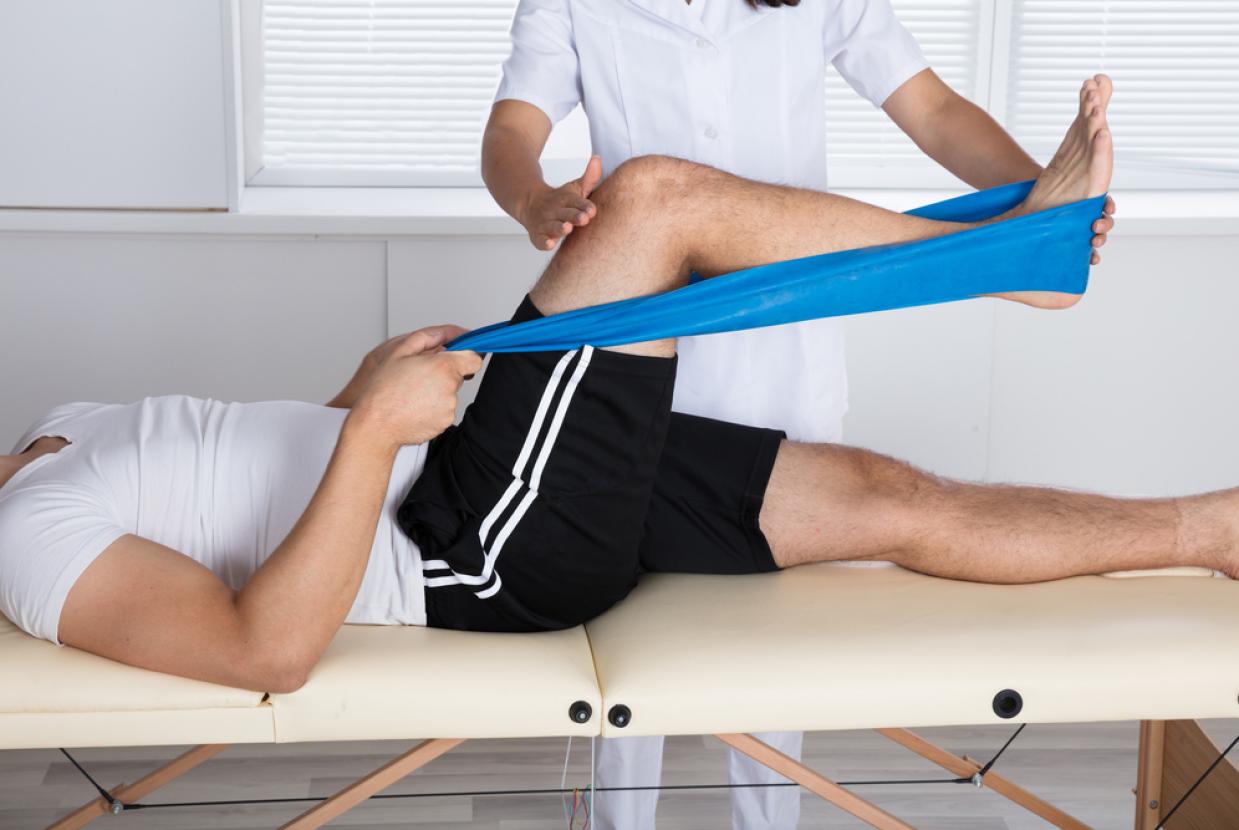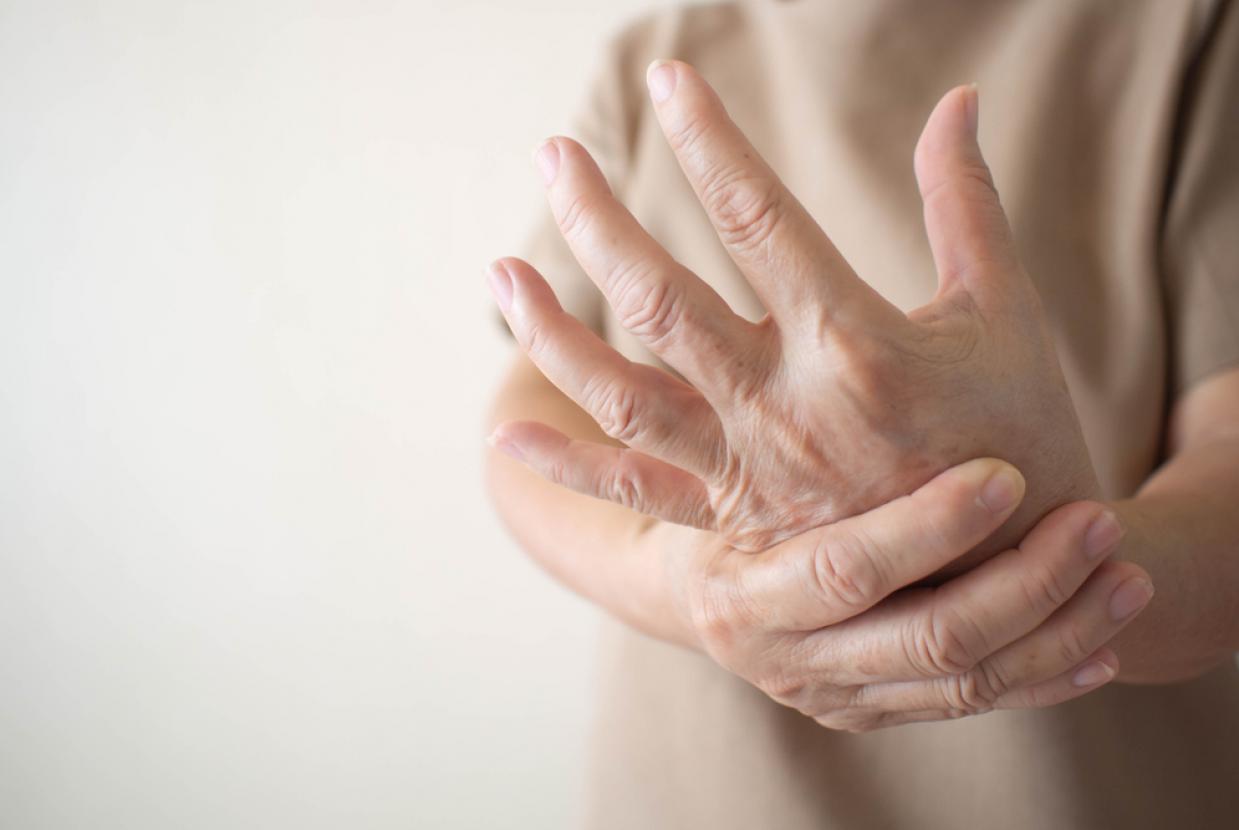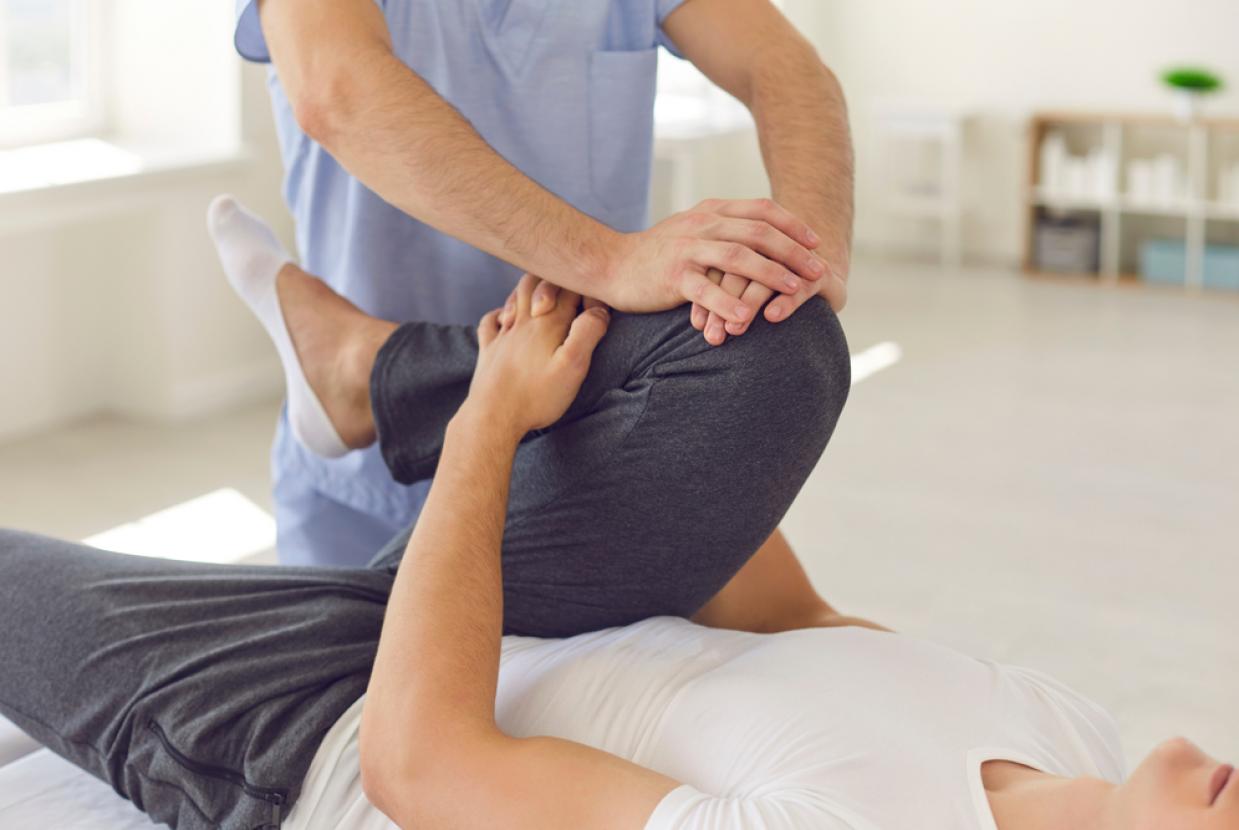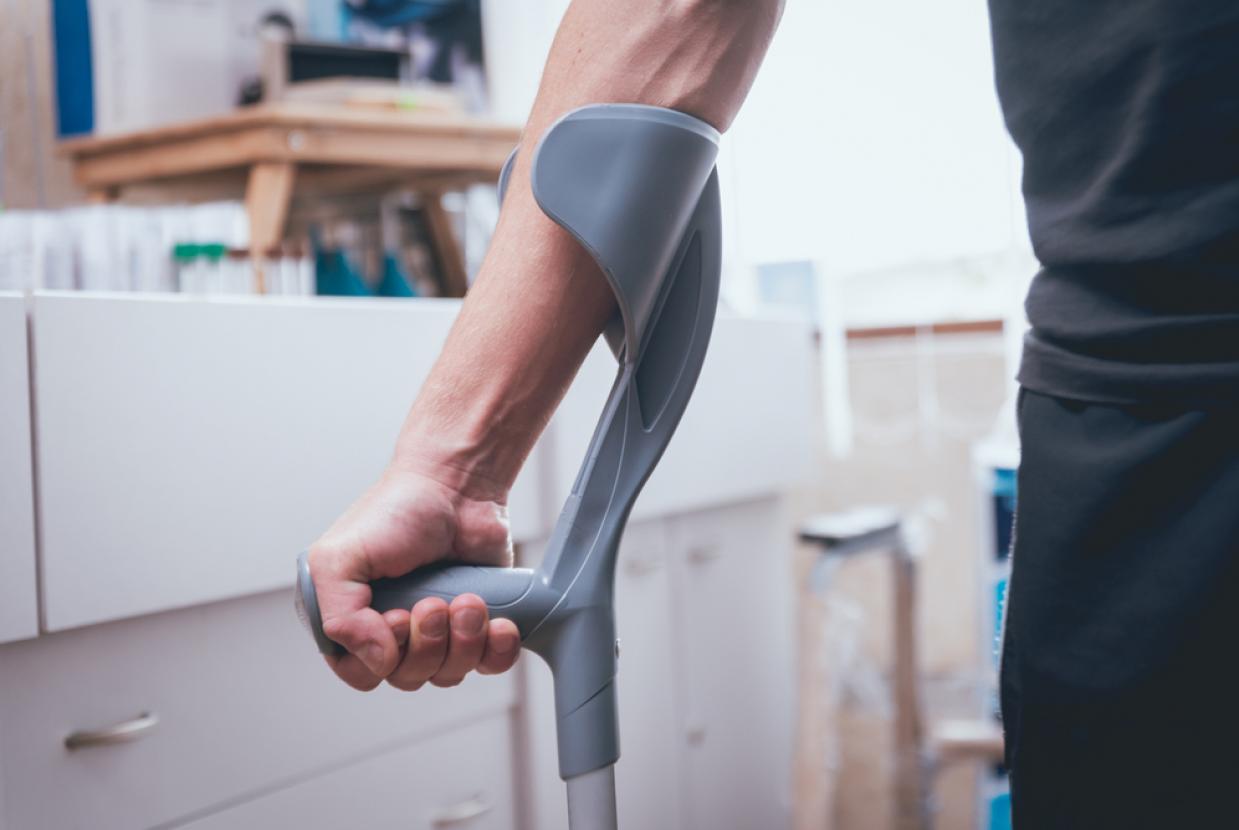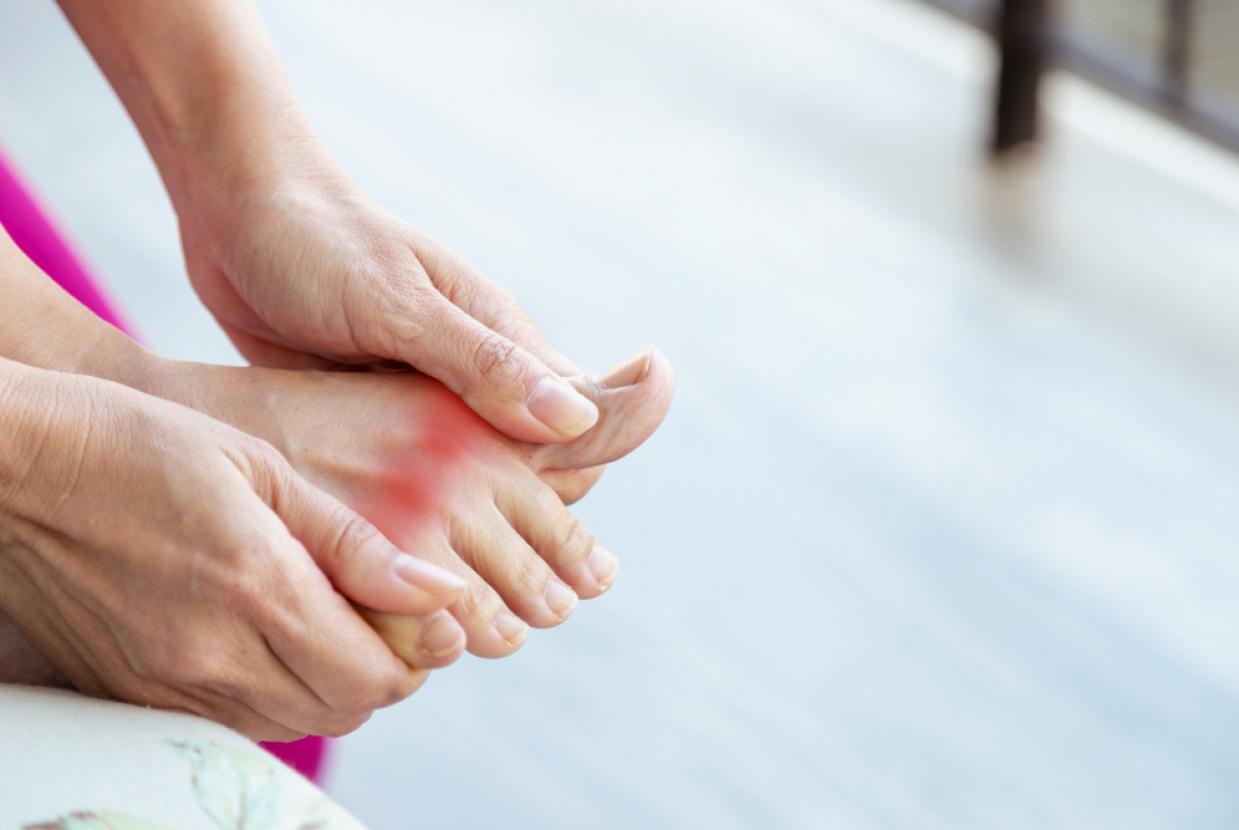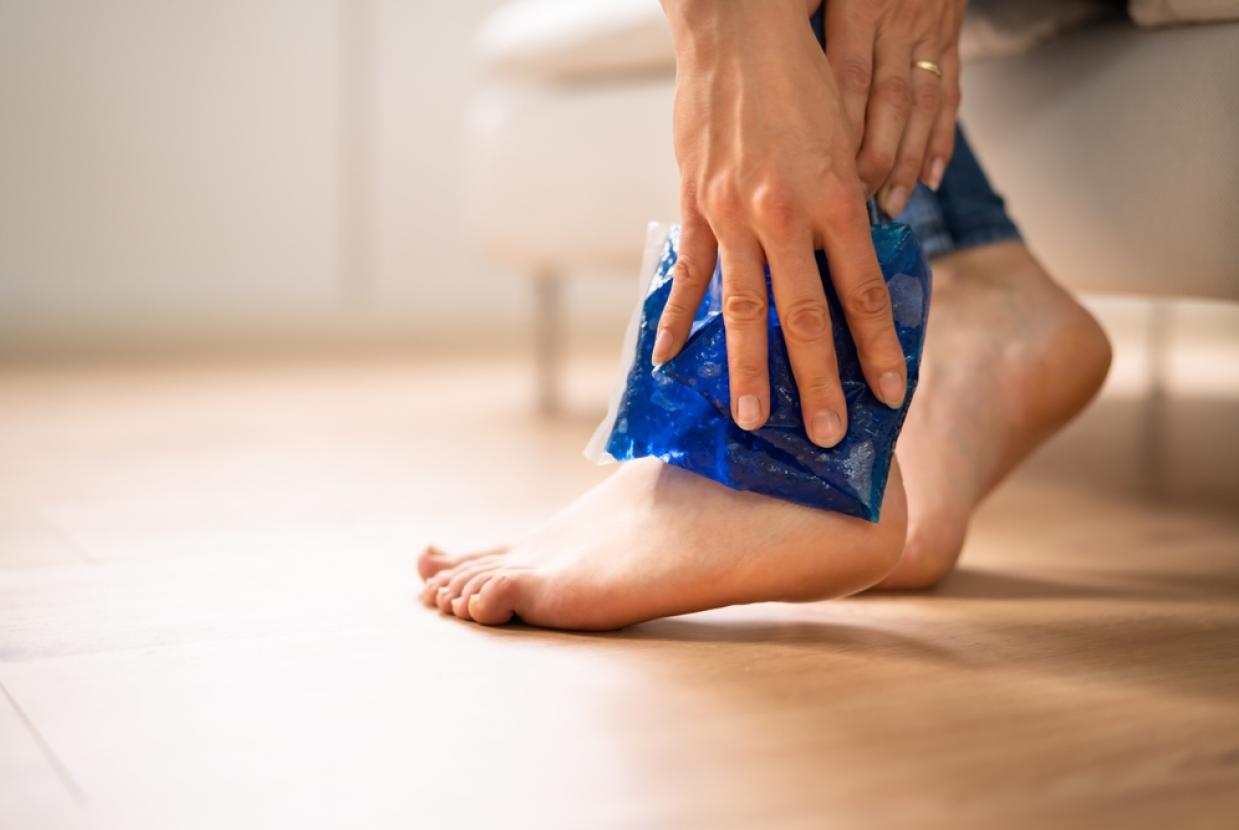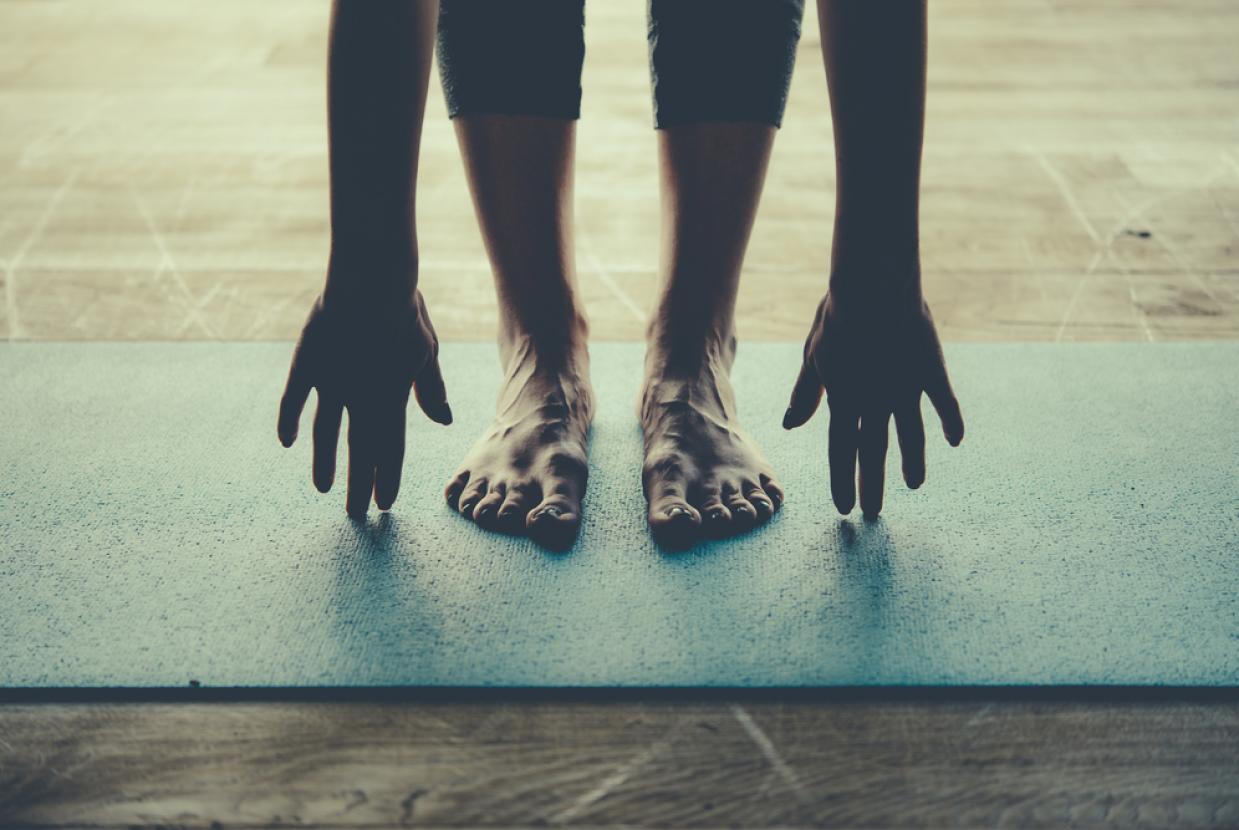Employment & Arthritis
Arthritis/Back Pain/Joint PainThe right kind of work is good for you, and not just financially, it can also provide a sense of purpose, identity, achievement and a supportive social network.
It's much more difficult getting back into work if you're unemployed, and being unemployed has been proven to be bad for people's emotional and physical health and wellbeing.
If you have arthritis or joint pain, your condition may pose some challenges which could make your working life harder. However, work is certainly feasible for most people with arthritis or a related condition.
You have options and rights, and it's important to understand and explore fully what they are, so that you get the right support you are entitled to, which can help you do your job to the best of your ability and help you manage your condition.
Flexible working options
With advances in modern technology and a growing appreciation of the need for employers to respect people's work/life balance, more people are adopting flexible working arrangements, including working from home.
If you have arthritis, joint pain or a related condition, one good option might be to work from home on one, or more, days each week. The feasibility of this will depend on whether you need to be in your workplace and whether you can have access to the necessary technology, such as a laptop.
Having time off work
There's no need to feel guilty if you do need to take time off work. Everyone feels under the weather sometimes, and if you have arthritis or a related condition there are going to be times when the sensible thing to do is to take time off work in order to rest and get better.
If you do need to take time off, here are some helpful steps you could take:
- Keep in touch with your employer – either through your line manager or HR department to let them know how you are.
- Keep in touch with friends at work.
- Take care of yourself during your time off and follow the advice of your healthcare professional(s).
- Stay as physically active as possible during your time off; exercise can greatly help rehabilitation.
- If you feel ready to return to work, ask for a back-to-work interview. You could ask about a phased-return to work, flexible hours and options to work from home for maybe at least some of the week.
Talking to your employer about arthritis
Telling your employer about your arthritis, joint pain or related condition at an early opportunity could really help your working life.
It may seem a bit daunting and you may be worried that this will make your employer have a negative view of your capabilities.
However, if you can tell your line manager or HR department about your condition this should lead to you getting support to help you succeed in your job.
Having arthritis or a related condition means that you're entitled to support from your employers to help you do your job to the best of your abilities and in a comfortable and safe environment, which won't make your health worse. These rights are set out in the Equality Act 2010, and in the Disability Discrimination Act in Northern Ireland.
What can I do to help myself at work?
As well as the support that you can get from other people, there's a lot that you can do to help yourself at work when you have arthritis, including keeping a good posture, planning and pacing your work and staying active.
The effects of stress
Everyday life, particularly working life, can be stressful at times for all of us. If you have arthritis or a related long-term health condition, this can add to feelings of being anxious, overwhelmed or upset.
Stress is powerful, and can have physical effects on the human body.
If something about your condition or your working life is causing you stress or making you feel low, it's important to talk to someone about how you're feeling. This could be a relative, partner, friend, colleague or your manager.
Talk about how you're feeling
Developing coping mechanisms, such as talking around a problem and working out a sensible and practical solution can greatly reduce stress.
Bottling things up and not talking to anyone about something that's worrying or upsetting you is the worst thing you could do.
People with arthritis have told us that talking to a line manager about a problem early on is much better than letting something reach a crisis point.
It might be that your line manager is reluctant or nervous to start such a conversation. If you think this is the case, you could start this conversation and have key things ready to say, including:
- how you're feeling
- triggers for why you think you're feeling that way, although it may be more helpful and productive if you try not to 'blame' anyone
- what you think your employer might be able to help with.
Find ways to reduce stress
Staying organised at work and focusing on your priorities can help you avoid stress. Talk to your manager if you ever feel that you are over-worked or unable to cope with any particular tasks.
Regular exercise, particularly aerobic exercise, can greatly help to lift your mood and ease worries. Exercise can increase your confidence and self-esteem; and exercising leads to the release of endorphins (the body's natural painkillers), which can greatly improve mood.
Something as simple as going for a walk in a nice setting at lunchtime can help you feel better.
Finding quality time to relax and do the things you love, whether that be reading, listening to good music, socialising, taking part in sport, or watching a good film, can also greatly help you to relax.
Seek help if you need it
If you feel that your mood is persistently low, or that you are anxious a lot, talk to a doctor. If you'd like to talk to someone in more depth, your doctor may be able to refer you to a counsellor to talk things through.
Many people with long-term health conditions have used talking therapies, such as mindfulness or cognitive behavioural therapy (CBT) to help them deal with the emotional and psychological aspects of their condition.
Posture and joint health
Having poor posture can have a very negative impact on your joint health. It's important to stand and sit in the correct positions so that you don't put undue strain on muscles, ligaments and joints.
It's also important not to remain in one position for too long. Regularly moving throughout the day is good for your health.
Regular walks and stretches can do you the world of good. Think of the phrases 'your best posture is your next posture' and 'motion is lotion' to remind you the importance of not sitting still for too long.
Plan, prioritise and pace
How to plan and prioritise
Planning ahead, pacing yourself and prioritising tasks could greatly help you get the most important aspects of your work done, and also preserve energy levels.
List the tasks you think you need to do, prioritise them and for each one ask yourself:
- does this need to be done today?
- does it need to be done at all?
- does it need to be me who does it?
- can I get someone to help me with parts of the task?
Try to concentrate on doing one job at a time, rather than having lots of different jobs ongoing. Think about timeframes and deadlines, the importance of tasks and your energy levels at different times of the day when listing tasks in order of priority.
Think about your work/life balance; are you struggling with tasks around the home? Are other people in your home able to do more? If that's the case, ask for more help with household chores. An option might be to have a cleaner or gardener come once a week or once a fortnight to help you out around the house and garden? If this means that you can stay in work, you will be better off financially in the longer-term.
Reduce your risk of injury
Diet and lifestyle
In whatever job you do, the fitter and healthier you are, the better you'll be able to do your job and cope with any physical aspects of it. Having a healthy diet and lifestyle, and exercising regularly, will help you manage your condition and improve your ability to do your job well.
Do tasks properly
- Make sure that you do any physical tasks correctly. Employers are responsible for your health and safety at work, and so they must have written procedures for how to do physical or repetitive tasks properly and they should provide you with training to help you learn the correct technique for such tasks. Make sure to carry out tasks such as lifting or moving heavy objects properly as this will reduce any undue strain on your joints.
- If you're unsure of the correct technique for a particular task, ask your manager.
- Don't try to lift or move something that is too heavy for you. Ask for help if you need it.
Use appropriate equipment
- Make sure that you have the right equipment you need for the work you're doing and that it's of a good standard and maintained properly.
- Do you need any protective gear or clothing? In particular, make sure you have good footwear. If your employer provides footwear or clothing and it's uncomfortable for your joints, talk to your manager.
Keep good posture
- Make sure you always have good posture. Whether you work standing up or sitting down, don't slouch; keep your chin up; keep your head aligned with your body; and keep your shoulders relaxed. Find out more about what is good posture. The Alexander technique and yoga can help with posture and body alignment. Pilates can improve core strength which can then help you maintain a good posture.
- Try to avoid working in a cramped or awkward position.
Break tasks up
If you do have tasks to carry out which require heavy physical work or repetitive actions, problems can arise if you keep doing potentially harmful actions over and over again without a break or change in duties. Can you take breaks? Can you mix them up with some lighter tasks?
If you ever feel aches or pains when doing a task, take note. This could be an indication that you're doing the task incorrectly. Altering the position you're working in might help. You could also talk to your manager to try to find out why a particular task may be causing you pain.
Don't keep doing a particular task if it's causing you pain. It's important not to rush physically demanding tasks, as this is when you are more likely to hurt yourself. Taking your time, taking care about what you are doing and making sure that you do these tasks correctly will greatly help you.
Try to avoid staying in the same position for too long. Take regular micro-breaks, where you stop what you are doing and stretch, walk or wiggle around to loosen up and get the blood flowing properly again. It might be that you get quiet times in your shift, and if so, it would be great to make the best use of this time to stretch, walk around and limber up.
Going for a brisk walk of at least 20 minutes every day can really get the blood flowing, which can help to ease aches and pains, and keep your muscle and joints healthy.
Walking before your shift can act as a natural warm-up to get your body ready for the physical demands of your job; and a walk after your shift can act as a warm-down to ease any aches and pains.


